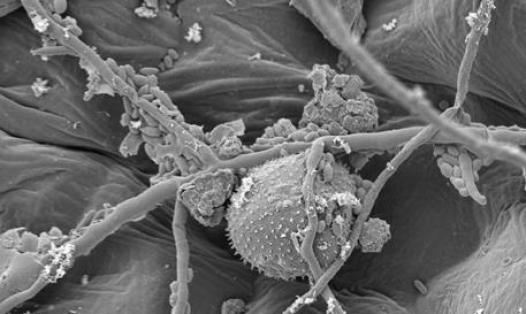
Synthetic community [SynCom] transfer for the...

Disrupted solely by two world wars, human life expectancy at birth has increased steadily over the last century. This remarkable biomedical success story is clouded, however, by the concomitant rise of age-related neurodegenerative diseases, such as dementia or sensory decline. Hearing loss in particular affects ~10% of the general population and ~70% of the over 70s. A long life does not always correspond to good health. This project will use the fruit fly Drosophila to explore ageing – and homeostasis – in an adult ear, searching for ways to translate its findings to the human condition and possible pharmacological interventions.